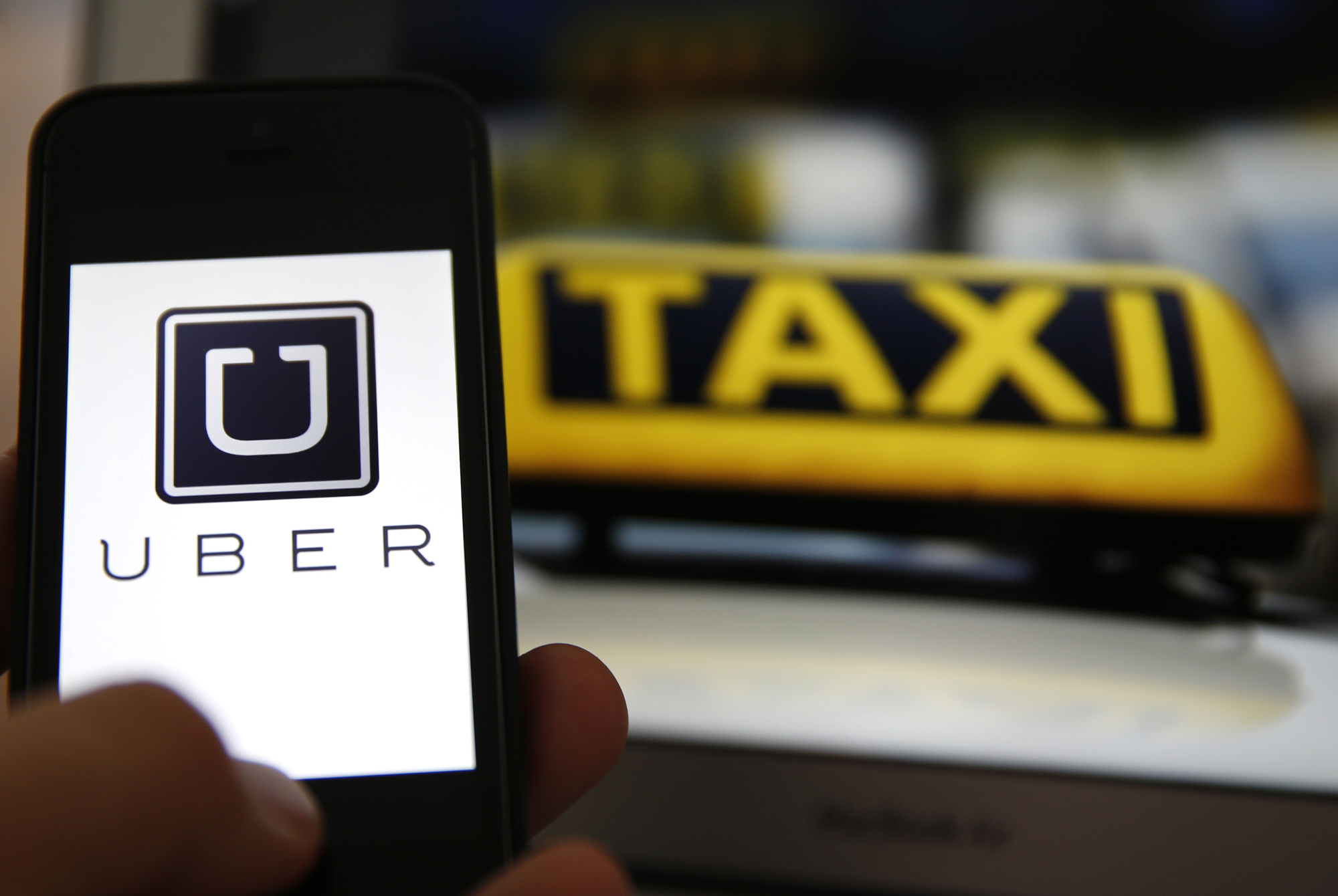I guess John Kay nails it (although this is in a slightly different context). ”Regulation should seek to work with market forces, not to replace them. Not because free markets lead to the best of all possible worlds—in financial services, as in many other activities, they plainly do not. But it is much easier to channel a flow of water into appropriate downhill channels than to push it uphill. That is why structural regulation, which emphasizes the incentives given by regulatory measures, is often preferable to regulation which seeks to control behaviour. Competition where possible, regulation where necessary, and supervision not at all, should be the underlying principle.”
When is it legitimate for a Government to intervene in a Private Market? While a rather large number say never, it’s clear that that’s wrong – if government was really so bad, state capacity and wealth would be inversely related, whereas almost exactly the opposite is true. However, it’s in the states with middling state capacity that we should be most wary of the state. Case in point: Arvind Kejriwal and the Government of Delhi.
Delhi’s transport system is probably the ultimate example of a combination of private market and public failure – an elite enriched through extraction of wealth from the rest of the country through political means owns far more cars than can possibly be socially optimal. Bus lanes do not exist, and a vast array of different modes of transport compete for roads designed in an age of horse-driven carriages. The Delhi Metro serves a massive number of people, acting both as a pressure valve and a social leveller.
At different stages, different culprits have been sought for the Capital’s traffic woes. The rickshaws, for instance, were thought to be at the root of pollution – so the state mandated that they all run on CNG and restricted the number of permits to a number so low that the black market price of a permit often exceeded the price of a new rickshaw itself. A Rickshaw mafia emerged, and a larger number of people were encouraged to purchase new cars due to the sudden fall in rickshaw supply – and most of these were diesel vehicles, raising the capitol’s SO2 levels if nothing else (Indian diesel is notoriously high in sulphur content).
Today’s blame, of course, falls on the car owner, that blasted consumer who must be forced to drive only on the odd (or even) day. Given this, the Delhi Government’s further reaction to banning surge pricing is even odder. What Kejriwal’s government has done is rather akin to what Sher Shah Suri once did: facing agrarian crises in North India, he set maximum prices on grain traders in Agra, who promptly cut supply. On the one hand, Kejriwal wants people to drive less; on the other, he’s essentially shutting down another mode of transport. Ola and Uber are purely noncoercive entities: if surge pricing is unaffordable, no one is preventing anyone from using a standard cab. If the concern with surge pricing is that one party is completely surprised by it, then the optimal response is regulation requiring cab operators to adhere to the price at which the cab is booked, not the price prevailing when the customer reaches the destination. There’s an entire array of proposals that’re smart, equitable and won’t chop off the supply of ridesharing cabs in Delhi.
There are those who respond with the usual market failure story, that Uber/Ola have built up a cabal of taxi owners who alone benefit from surge pricing. This is naïve and characteristic of a hatred for the corporate that’s holding all of us back. In the absence of surge pricing, these cartels (if they exist) won’t fall apart. On the other hand, potential entrants will be discouraged if the returns to investment in an Ola is same as the return to investment in a Kaali-Peeli – in fact, placing a cap on all taxi services drives all taxi prices to the same level, making kaali-peelis better investments, just because the cars are so much cheaper than the average Ola Owner’s vehicle. Of course, Kaali Peelis are probably a far more cartelised industry, so the taxi industry’s extortion of the masses can continue unabated.
I don’t think Arvind Kejriwal is a malicious power-hungry concentrator who wants to build monuments to his glory, like Odd-Even will become. I just think he works in the same knee-jerk, ad-hoc fashion that characterises democratic governments with finite and short terms, and that this is worsened by his frustration: despite an incredible majority in the Delhi Assembly, he sees his power limited by the overarching hand of the Centre. That being said, unlike a good many other leaders, Kejriwal is probably an honourable man. However, Shakespeare was pretty clear that honourable men and rationality aren’t necessarily the best of companions in a policymaker.
(Aniket Baksy is a graduate of the Researching Reality internship, and is currently studying Economics at the London School of Economics. This post has been republished from his blog Irrationally Exuberant.)
Post Disclaimer
The opinions expressed in this essay are those of the authors. They do not purport to reflect the opinions or views of CCS.






